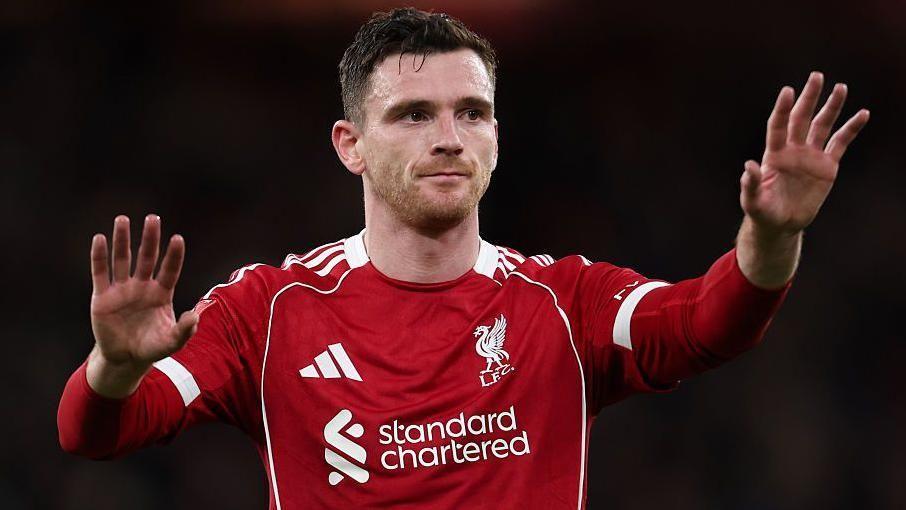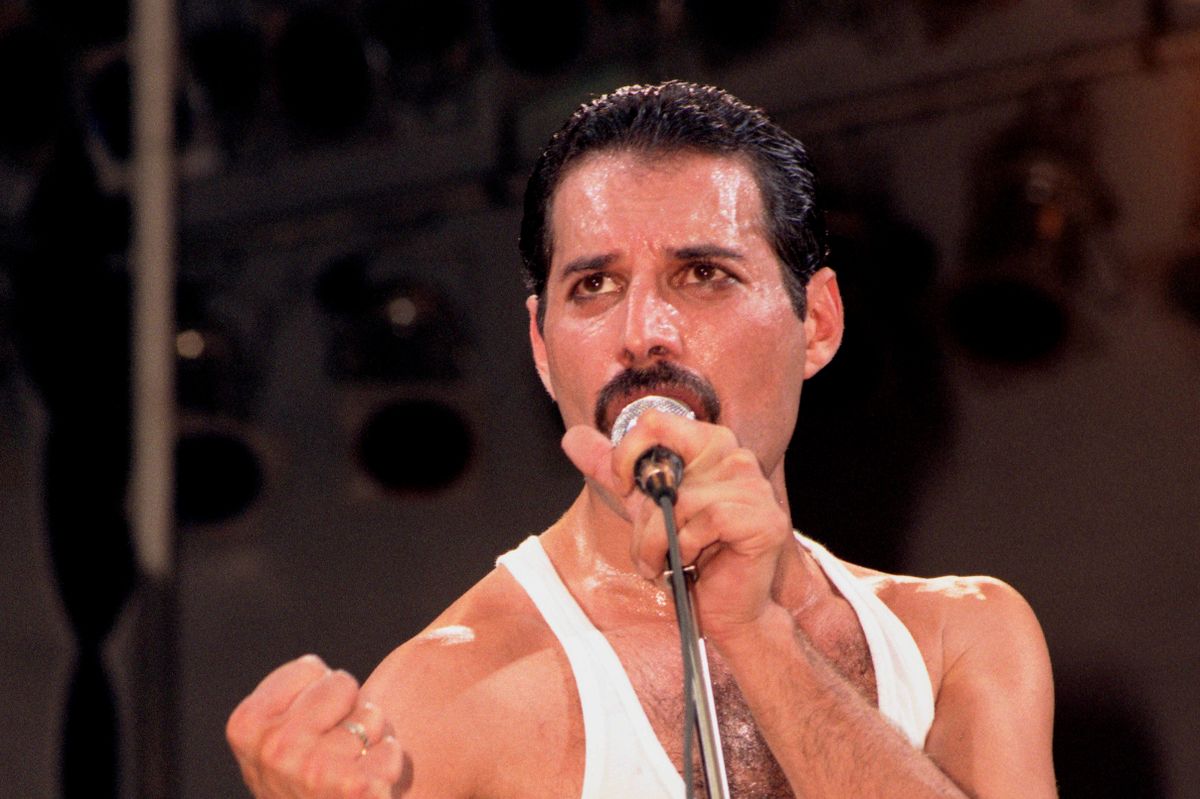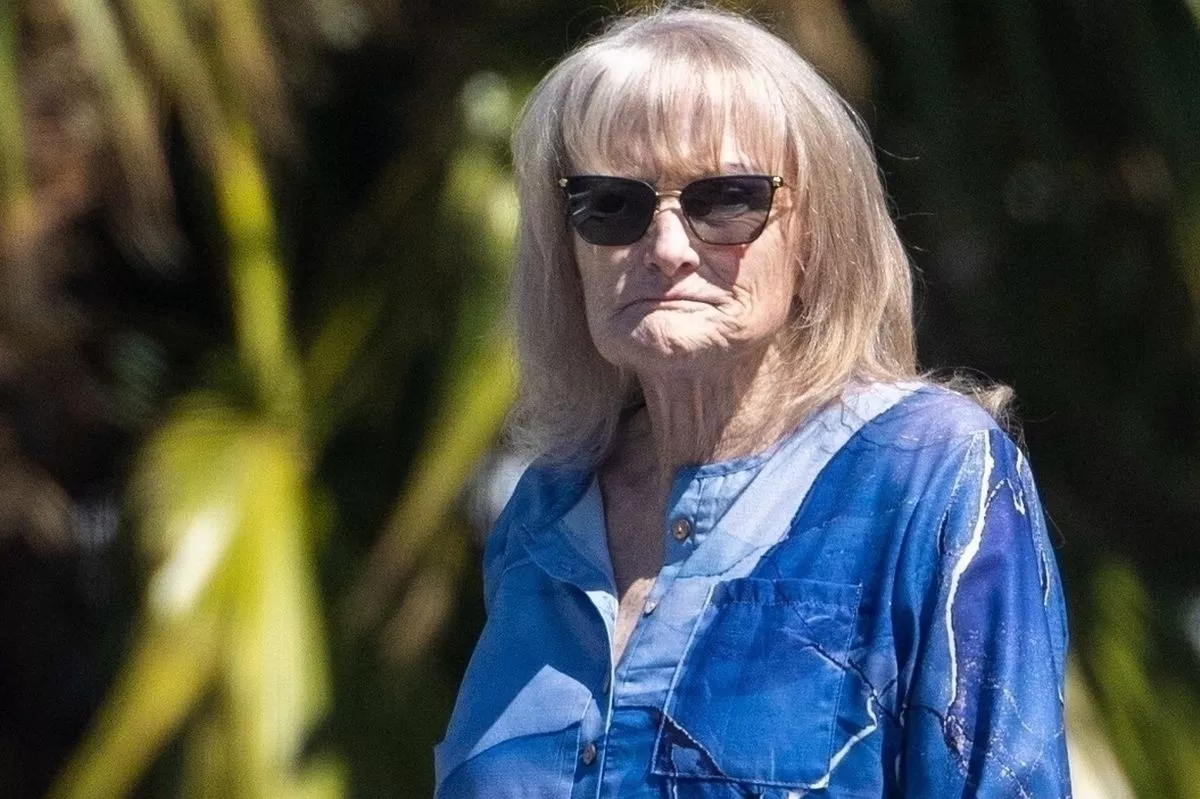- 334 Comments
Liverpool defender Andy Robertson would like to remain at Liverpool beyond this summer when his contract expires – but says he’s “a player who wants to play”.
Robertson, 31, added that nothing has been decided yet, despite discussions with the club.
Asked if he would like to stay, the Scotland international said: “Yes, but it’s a difficult question.
“I’ve got five months left and we need to see what the option is to stay or if there’s options to go and things like that. I need to sit down with my family and decide.
“After a stressful summer, I’m just trying to enjoy being a part of it and being a Liverpool player.
“I wanted to qualify for the World Cup and thankfully we’ve managed to do that. I need to see what myself and my family wants going forward.”
Robertson, who signed for Liverpool for £8m from Hull City in 2017 during Jurgen Klopp’s reign, has played 362 times for the Reds but has started just four Premier League games this season.
Hungary international Milos Kerkez, 22, has been Liverpool’s first-choice left-back since making the move from Bournemouth for £40m last summer.
Asked if the amount of game time he gets between now and the end of the season would have an impact on his future, Robertson said: “I can focus on the last eight and a half years. I think Jurgen Klopp left me out for one game and I was raging. So I’m a player who wants to play.
“I’ve played through injuries. I’ve played when I’m not 100% fit. I’ve played when I’ve only been 50/40/30% fit for this club and my country. I always want to be on the grass and playing and obviously now that’s not happening, so that’s what is different.
To play this video you need to enable JavaScript in your browser.
He continued: “That’s always my argument, you should always want to push to be in the team. If you’re happy to sit on the bench, then I don’t think you have the right attitude.
“I think I’ve played well in the games I’ve played this season. Maybe I’ve not played as much as I would have liked, but it’s nothing I’ve been surprised by. Let’s see what happens.”
Robertson confirmed he has had discussions with senior figures at Liverpool about the future but is keeping those details private.
After fellow defender Trent Alexander-Arnold left in the summer, Robertson was made Liverpool’s vice-captain, and he said his relationship with the club’s executives remains good.
“I’ve given absolutely everything for the club for the last eight and a half years and the club have been very good to me – they’ve rewarded me with good contracts when I have been playing well,” he added.
“Nobody can deny what I have given to this club. I’ve given everything day in and day out and put in some performances which I think have been good, and I hope others agree – I’ve won a lot of trophies and had a lot of good days here.
“My relationship with the people higher up in the club has always been excellent since the day I came in. Signing me for £8m and then doing what I have done helps that, which I remind people of all the time!
Related topics
- Liverpool
- Premier League
- Football
- Scotland Men’s Football Team





